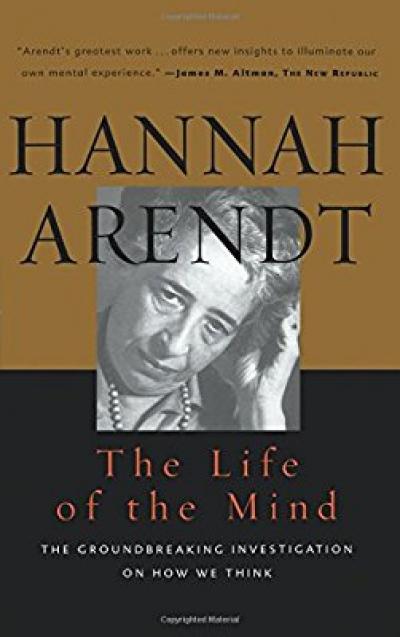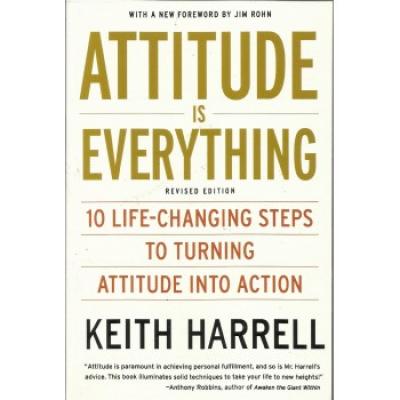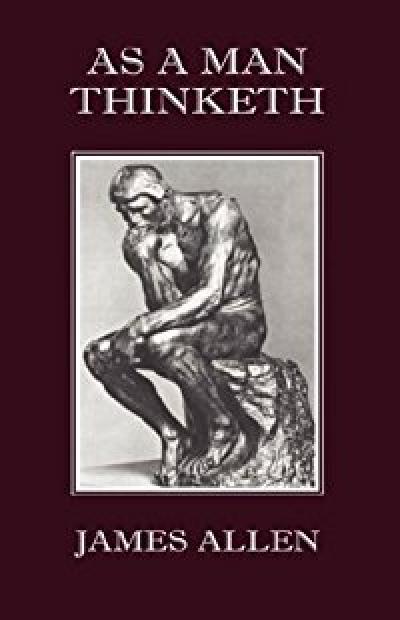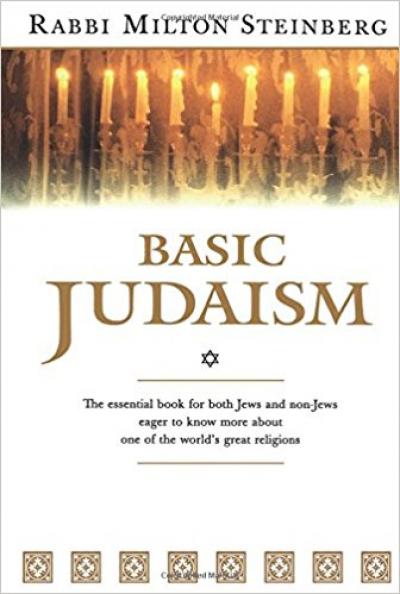Overcoming Hate Through Dialogue
When Özlem Cekic became the first Muslim MP in the Danish Parliament, her inbox was inundated with hate mail and threats, and her gut reaction was to delete and ignore the abusive messages. But when a neo-Nazi threatened her family, she chose a different approach: she started replying to each message and inviting the senders to meet and engage in dialogue over coffee. She met people like Kim, a right-wing extremist, who – if he only had a gun – would take delight in killing the Muslims outside the local mosque. She met armed Muslim adolescents on Norrebro’s Red Square, whose contempt for Danish society ren deep. She visited the Hizb ut-Tahrir mosque, where the imam preached against democracy, and a church in the East Jutland where the priest preached against homosexuality. And, along the way, she confronted her own history of hatred for Jews, Turks, and Danes.
But where do negative emotions like anger, frustration, and hatred come from? And can conversations break down prejudices and create change and understanding? What happens when we start looking for things, we have in common instead of focusing only on our differences?
With time, understanding, and patience, Özlem began to make a difference, both in the lives of those who hated her before even meeting her and in her own.


















